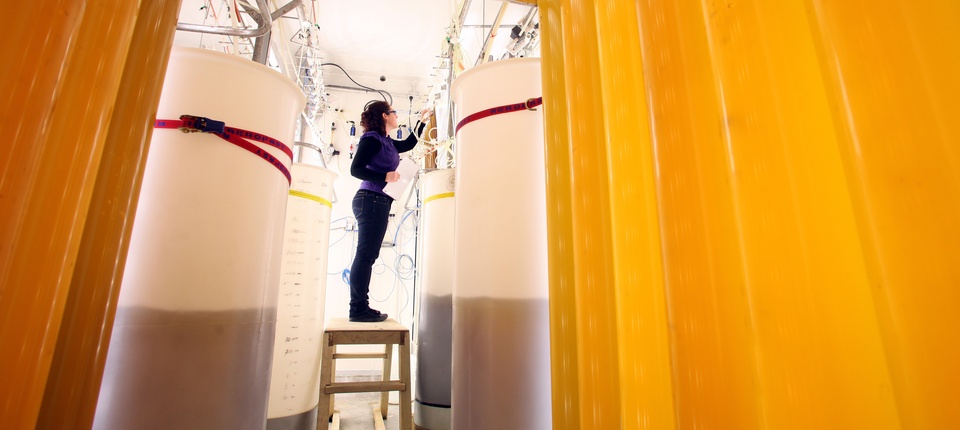Intelligent approach to NZ aquaculture

AN artificial intelligence company in New Zealand is helping scientists in the region count and identify different algae.
The Nelson Artificial Intelligence Institute is working with the Cawthron Institute in Nelson, using computer vision and deep learning.
The technology is similar to that employed in recognising an individual face in a range of images, according to a report by Stuff.co.nz news site.
Nelson Artificial Intelligence Institute director Brian Russell said for a human to manually detect and count the different algae in one sample is a challenging job – ‘and that\’s a trained biologist with a science degree and then one to two years training at Cawthron’.
‘In a sample, there\’s thousands and you\’ve got to count them and detect the one or two toxic ones.
‘That\’s what\’s detecting things like toxic algal blooms in the [Malborough] Sounds, which if they don\’t get ahead of it, then you can\’t harvest out of shellfish. [That could have a] really big economic impact, people\’s jobs are affected.’
The team at the AI institute designed software similar to what the scientists already used in order to automate the algae identification role.
But in the background it was taking a photo and recording a ‘label’ every time different algae were identified.
Russell said: ‘So now we\’re growing this database of all this labelled data. Basically, it\’s becoming as expert as the scientist and we can scale it and go faster and faster and faster.’
Fellow director Mark Houghton-Brown said the project isn\’t finished yet but it has already brought the job down to about an hour.
The institute hopes it can combine its artificial intelligence knowhow with the region’s aquaculture expertise to become a world leader at AI in aquaculture.
Russell added: ‘We need this Silicon Valley technology to come in and start helping the primary sector, otherwise it\’s going to get disrupted from offshore and then we may not have the markets we want in the future.
‘We need to scale up and actually do it, otherwise others will and then we\’ll end up having to buy in their technology.’
The Cawthron Institute was recently awarded $6 million funding for a planned algae centre.

